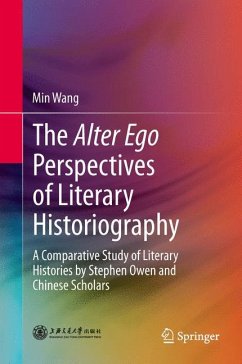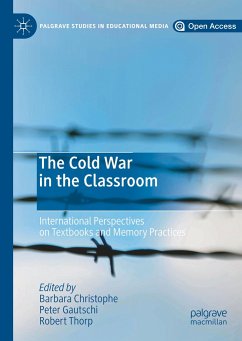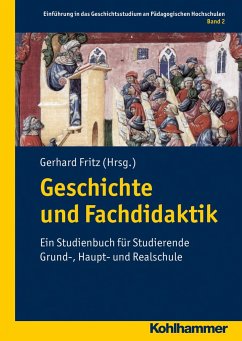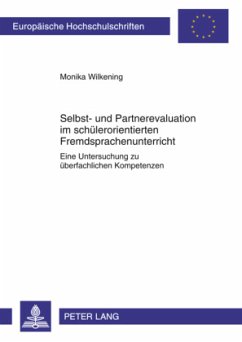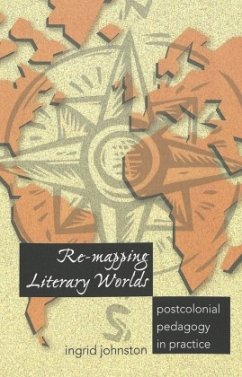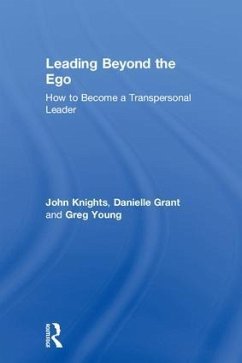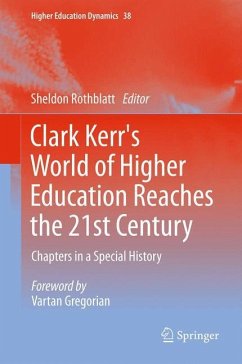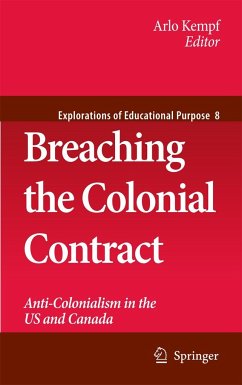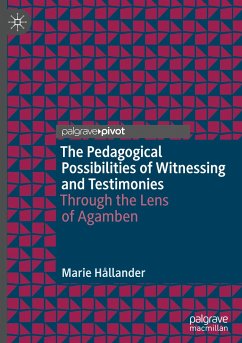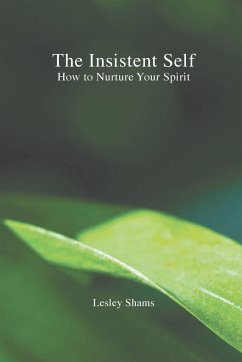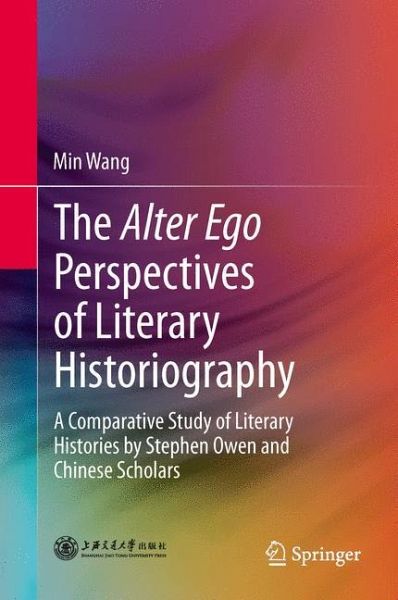
The Alter Ego Perspectives of Literary Historiography
A Comparative Study of Literary Histories by Stephen Owen and Chinese Scholars
Versandkostenfrei!
Versandfertig in 6-10 Tagen
76,99 €
inkl. MwSt.
Weitere Ausgaben:

PAYBACK Punkte
38 °P sammeln!
This book mainly discusses about the alter ego perspectives in literary historiography. This comparative analysis of the major Chinese literary histories in China and in the West brings to light the alter ego perspectives of Stephen Owen in literary historiography. The most interesting part of the book will be the interpretation of new notions and perspectives proposed by Stephen Owen, especially in the newly published The Cambridge History of Chinese Literature (2010). This book gives a detailed overview about the different stages of writing Chinese literary history and the different modes of...
This book mainly discusses about the alter ego perspectives in literary historiography. This comparative analysis of the major Chinese literary histories in China and in the West brings to light the alter ego perspectives of Stephen Owen in literary historiography. The most interesting part of the book will be the interpretation of new notions and perspectives proposed by Stephen Owen, especially in the newly published The Cambridge History of Chinese Literature (2010). This book gives a detailed overview about the different stages of writing Chinese literary history and the different modes of literary historiography in China and in the West. Two case studies of Chinese poems are made on the notion of discursive communities and the Cultural Tang. Readers will a better understanding about the paradigm of literary historiography and the interrelationships between the different modes of literary historiography and the intellectual history.





